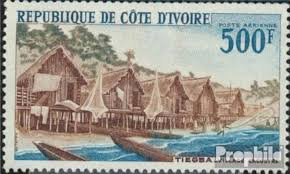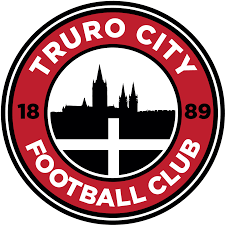Exploring Ivory Coast: Culture, Economy, and Future Prospects

Introduction
Ivory Coast, known for its diverse culture and booming economy, has become one of West Africa’s leading nations. With a population exceeding 26 million and a strategic position along the Gulf of Guinea, Ivory Coast plays a crucial role in regional politics and economics. Recent years have seen significant economic growth, primarily due to its agricultural exports. Understanding the dynamics of this nation is paramount, not only for those interested in West African countries but also for global investors and industry stakeholders.
Cultural Richness
The cultural landscape of Ivory Coast is a mosaic of various ethnic groups, languages, and traditions. The country is home to over 60 indigenous groups, each contributing to the rich tapestry of Ivorian culture. Major festivals, such as the Fête de la Musique and the Annual Abidjan Carnival, showcase traditional music and art, which reflect the vibrancy of Ivorian society. Moreover, the cocoa and coffee industries heavily influence the nation’s cultural identity, as these crops have historical significance and continue to shape communal livelihoods.
Economic Developments
In the past decade, Ivory Coast’s economy has experienced impressive growth, with a GDP growth rate that reached 7.4% in 2021, according to the World Bank. The country is the world’s largest producer of cocoa beans, contributing to over 40% of the global supply, and coffee production also plays a fundamental role in the economy. The government has implemented several reforms aimed at improving infrastructure and attracting foreign investment, particularly within the agricultural sector, which remains the backbone of the economy. Additionally, the recent discovery of offshore oil and gas reserves has led to increased interest from global energy firms, heralding a new era of economic diversification.
Conclusion
Ivory Coast stands at a crossroads of cultural richness and economic potential. As the country continues to grow and develop, it presents myriad opportunities for investment and collaboration. The ongoing efforts to boost infrastructure, manage natural resources responsibly, and enhance agricultural productivity are key to ensuring sustainable growth. For readers and potential investors, keeping a close eye on developments in Ivory Coast may provide insights into not only a fascinating culture but a thriving economic landscape that promises significant opportunities for the future.









